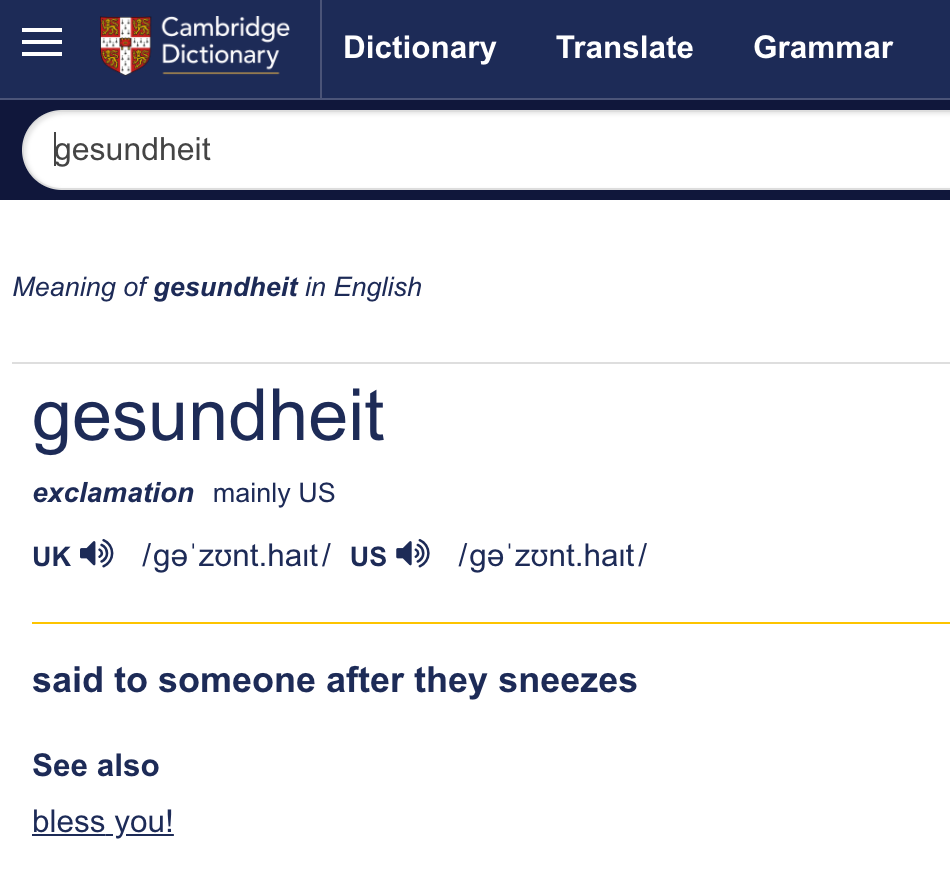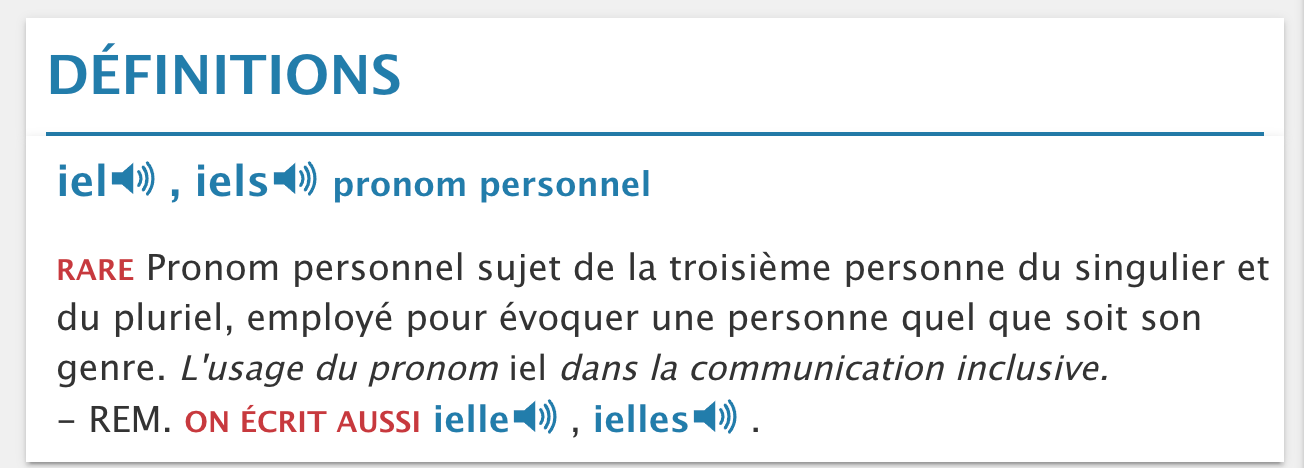The meaning of "that": recency and the importance of context
"What Does 'that' Mean in 'Did You See That?'" ScienceDaily, March 25, 2025. Discussing "Recency and Rarity Effects in Disambiguating the Focus of Utterance: A Developmental Study." Kishimoto, Reiki et al. PLOS ONE 20, no. 2 (February 12, 2025): e0317433.
Summary (of the Science Daily article)
What goes through your mind when someone asks 'Did you see that?' A study shows that children and adults process ambiguous information like 'that' differently. While children focus more on the literal meaning, adults use multiple cues to grasp the speaker's intent. Researchers hope their findings could aid dialogue robot development and improve support systems for individuals with communication difficulties.
Second paragraph of the Science Daily article
Imagine watching a quiet night sky. When a shooting star streaks across the sky and someone asks, "Did you see that?," we naturally understand they are referring to the shooting star, not the twinkling stars in the background.
A striking instance of the importance of context for communication. Adults are better than children at sorting it out.
Read the rest of this entry »



